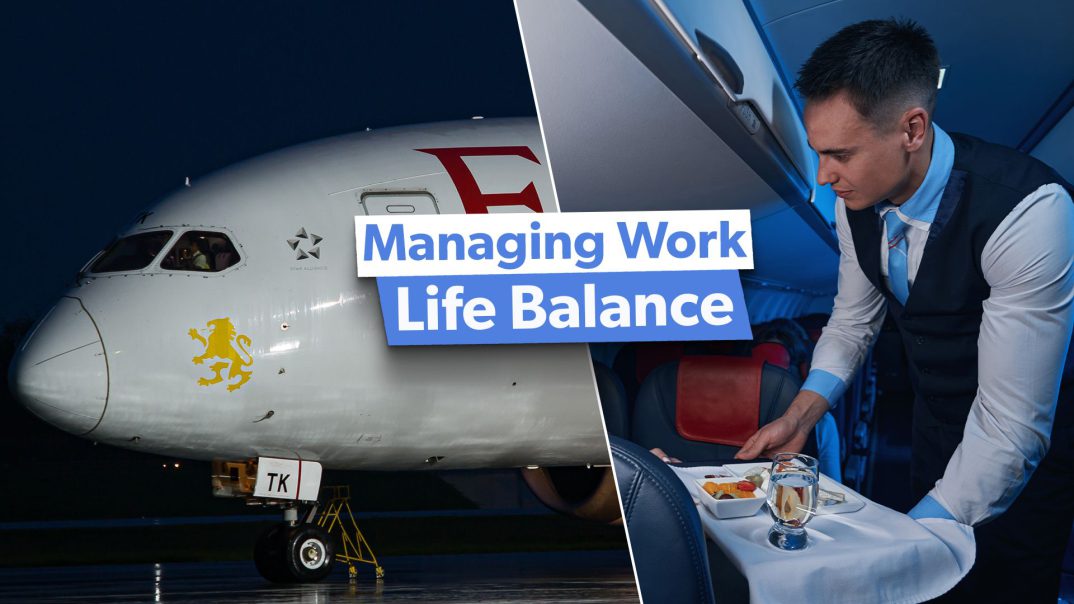Photo: Feruzbek | Shutterstock
Flight attendants have a demanding job that requires them to be flexible, organized, and mentally prepared for long hours in the air and unpredictable schedules. Balancing personal life with work becomes challenging due to irregular shifts, travel fatigue, and time zone changes.
However, it’s possible to maintain a healthy work-life balance with the right strategies. Here are five ways to manage your work-life balance as a flight attendant, supported by industry insights and expert advice.
 Related
Related
Examined: The Importance Of Foreign Language Skills As A Flight Attendant
Flight attendants are multi-faceted professionals and speaking multiple languages are just some of their many talents.
1 Prioritize rest and recovery
Listening to your body can go a long way
One of the most crucial aspects of maintaining a healthy work-life balance as a flight attendant is ensuring that you prioritize rest and recovery. The demands of the job—long hours, night shifts, and crossing multiple time zones—can leave you physically and mentally exhausted. If left unchecked, fatigue can have long-term consequences for your health and performance.
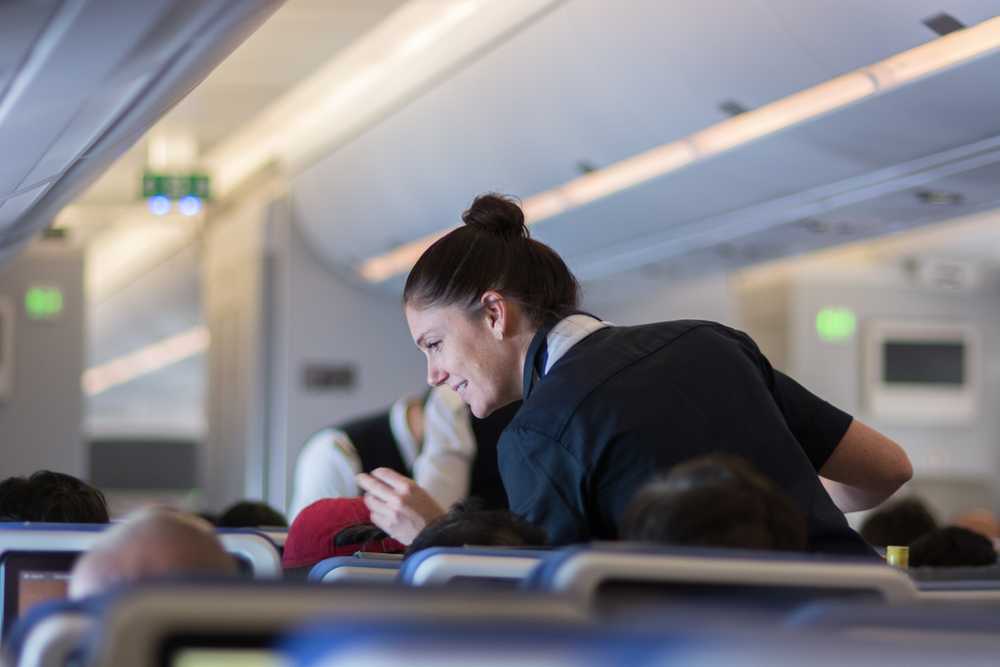
Photo: rkl_foto I Shutterstock
According to Cabin Crew Wings, prioritizing sleep is essential for managing fatigue. “Develop a pre-flight and post-flight routine that includes sufficient rest to reset your body clock and allow you to feel refreshed,” the publication advises.
Whether investing in a good pair of noise-cancelling headphones or maintaining a consistent sleep schedule even on off days, prioritizing quality sleep will enhance your well-being and your ability to perform on the job.
 Related
Related
Examined: How Flight Attendant Uniforms Have Evolved Over The Years
Flight attendant uniforms have evolved massively over the last 90 years, with many modern uniforms once again being professional.
For many, this means adhering to strict routines during layovers, setting boundaries regarding social engagements when you’re off duty, and avoiding too much screen time before bed, which can disrupt your ability to rest.
2 Create boundaries between work and personal life
When you’re off work, stay off work.
Managing a work-life balance as a flight attendant requires clear boundaries between your personal and professional life. The nature of the job, which often includes unexpected schedule changes, can make it tempting to let work bleed into personal time. But this can lead to burnout. According to Motulus Aero, setting clear boundaries between work and home life is critical to long-term balance.
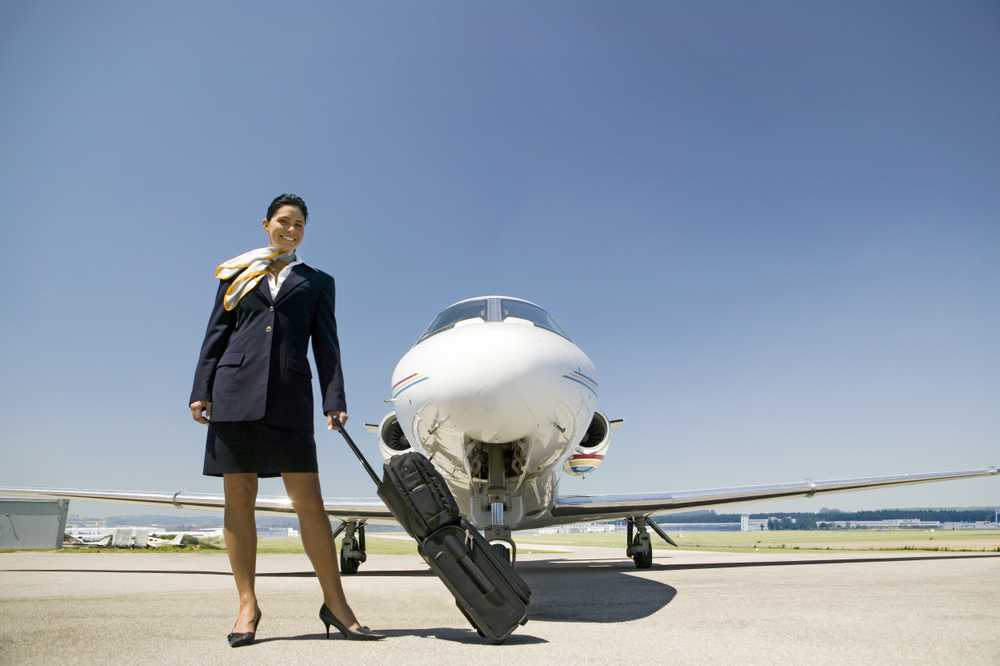
Photo: Altrendi Imaages | Shutterstock
“Although flight attendants need to maintain flexibility with their schedules, it’s important to create a divide that allows for true relaxation when off duty,” the publication states. When you’re not working, make a concerted effort to disconnect from work-related tasks. Avoid checking work emails, considering upcoming flights, or taking additional shifts if you need downtime.
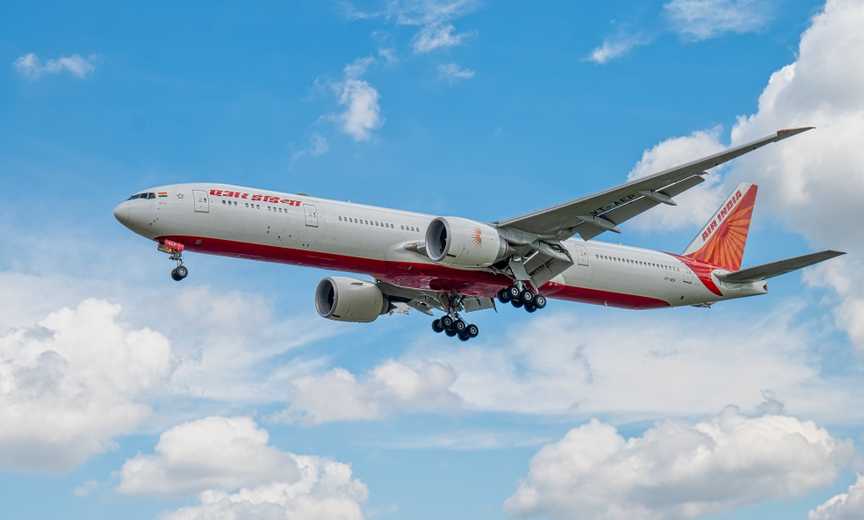 Related
Related
Air India Raises Flight Attendant Per Diem But Proposes Hotel Room Sharing On Layovers
The carrier maintains that the move will harmonize itself with Vistara.
Flight attendants are encouraged to spend their off-duty time engaging in activities that allow them to recharge—whether it’s spending quality time with family, engaging in hobbies, or even practicing mindfulness techniques to alleviate stress.
Having a hobby or interest outside of work can create a mental and emotional buffer, providing a clear distinction between work and personal life.
3 Make use of time off effectively
Time management is key to a healthy life.
As a flight attendant, your schedule is often non-traditional, meaning you may have days off when others work. This can make managing personal commitments tricky, but it also presents a unique opportunity to use your time off more creatively and effectively.
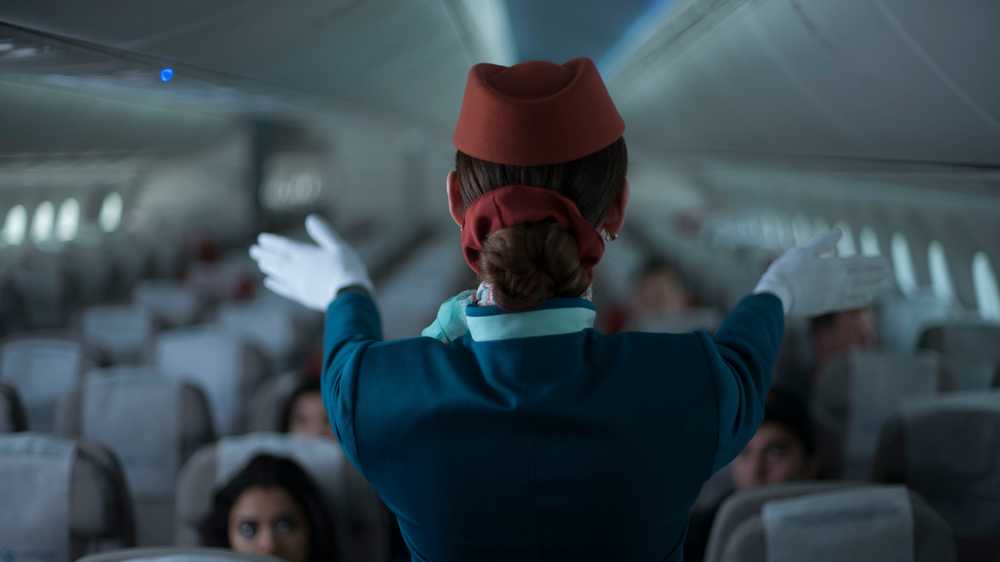
Photo: Feruzbek | Shutterstock
According to TealHQ, making the most of your days off involves intelligent time management. “Flight attendants need to plan for their off days to balance personal obligations, self-care, and leisure,” the publication suggests.
Tips from flight attendants for better time management at home:
- Unpack when you get home, so you don’t have to on your days off.
- Let your body naturally awake on your first day off.
- Keep a day planner and prioritize the important tasks.
- Don’t over commit to social plans.
Planning allows you to incorporate activities that are both rejuvenating and productive. Use your time off to reconnect with loved ones, pursue personal goals, or recharge through relaxation.
Some flight attendants also use their time off for professional development or learning new aviation-related skills. The goal is to ensure you feel refreshed and ready when you return to work, rather than overburdened by incomplete tasks or lingering commitments.
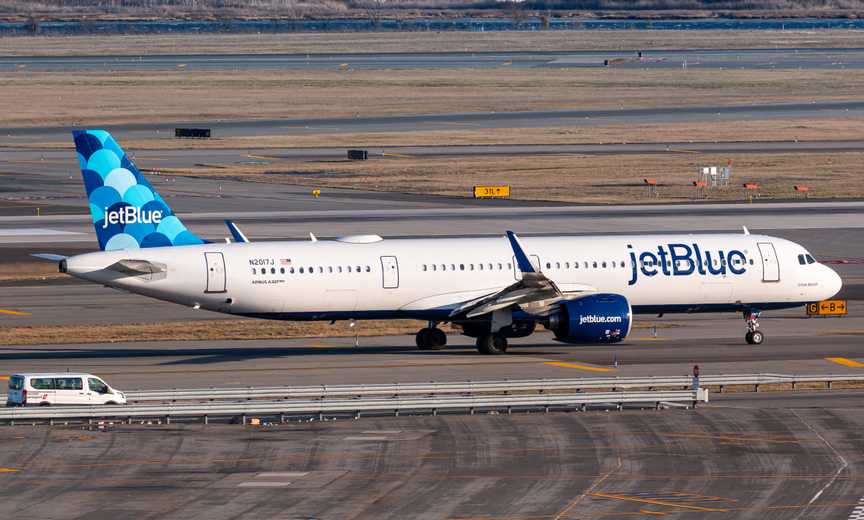 Related
Related
JetBlue Flight Attendants Praised For Swift Response To Emergency Cell Phone Malfunction
The incident took place when the airplane was on a descent to Boston.
4 Stay physically active and prioritize wellness
Physical activity nourishes the mind and the body
Maintaining your physical and mental health is essential when your job involves long hours of standing, lifting, and irregular sleep patterns. Staying physically active and focusing on wellness will help mitigate the job’s toll on your body.
Cabin Crew Wings recommends flight attendants maintain a regular fitness routine, even if it’s something simple like stretching or light exercises during layovers. Exercise can help counteract the adverse effects of prolonged sitting or standing while boosting mood and energy levels.

Photo: Altrendo Images | Shutterstock
Physical activity doesn’t have to be strenuous; walking around the airport terminal, practicing yoga in your hotel room, or even simple stretches between flights can make a significant difference.
Staying hydrated is equally important, as the dry air in aircraft cabins can dehydrate you quickly. Keeping wellness a priority will ensure that you’re able to meet the physical demands of the job but also maintain the stamina needed to manage your personal life.
Mental wellness is just as essential. Aviation Job Search emphasizes the importance of mental well-being for aviation professionals. According to the publication, mindfulness techniques like meditation and breathing exercises can help flight attendants manage stress and avoid burnout.
Engaging in self-care routines and practicing mindfulness can help you better handle the psychological demands of the job.
5 Develop a support system
A support system will keep you ‘grounded’
Working in the aviation industry can be isolating at times, especially when you’re constantly traveling and away from home. Having a solid support system—whether it’s family, friends, or fellow crew members—is essential for maintaining a work-life balance. Modulus Aero explains that developing connections with colleagues can provide crucial camaraderie.
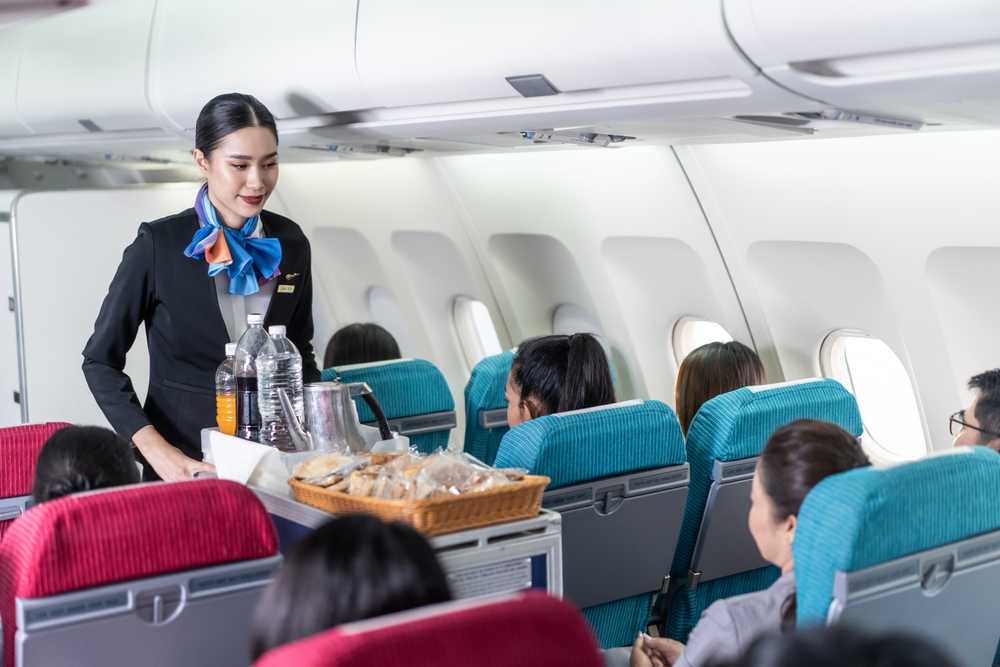
Photo: Hananeko_Studio | Shutterstock
“Building relationships with coworkers who understand the demands of the job can create a support network that helps manage both the emotional and physical aspects of the job.”
Whether venting about a harrowing flight or sharing tips on handling long layovers, having a support system that understands your unique challenges can be invaluable. Additionally, maintaining communication with friends and family can keep you grounded.
While your schedule may not align with theirs, staying in touch through video calls or short texts can strengthen those personal connections that are important for your emotional well-being.

